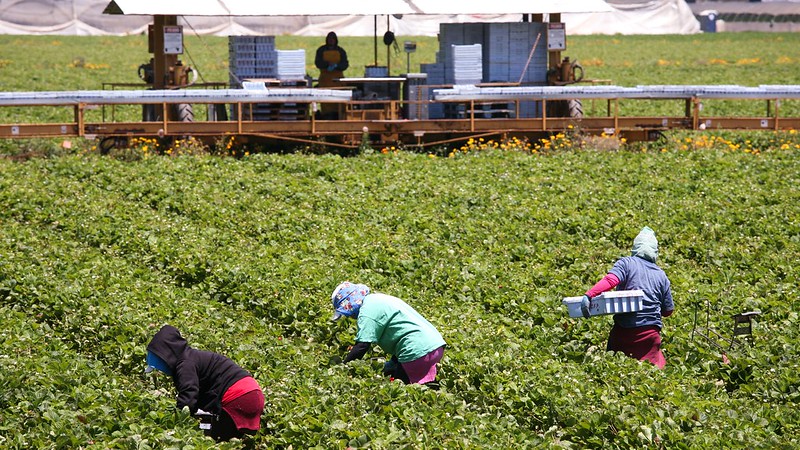Photo: Alex Proimos.
During this year’s International Federation of Agricultural Journalists congress in Austria-Slovenia, it was mentioned from the podium that I was the academic coordinator for the University of Guelph’s agricultural communications graduate-level diploma. Shortly after, Juan Manuel Repetto of Argentina, a recipient of one of the IFAJ-Alltech Young Leaders in Agricultural Journalism awards, approached me to explain he was involved in the Latin America equivalent of the Guelph program.
What great news! Agricultural journalism is growing in virtual classrooms in one of the world’s most important farming environments!
This week, through the Argentinian farm writing guild, CÃrculo Argentino de Periodistas Agrarios (CAPA) [info@periodistasagrarios.com.ar], I’ve learned the Latin American program is called CAPACITAR, and it’s offered under the guidance of the Faculty of Agronomy, University of Buenos Aires (FAUBA). Today, 52 students from different fields of communication and agro-sciences attend the training courses via FAUBA’s distance training platform.
CAPACITAR sounds like it’s been a major and successful effort in cooperation, with  CAPA and FAUBA at the helm, backed by sponsorship from Banco Galicia, BASF, Monsanto, IPCVA and Agropharma, as well as Nidera, SAGPyA, DonMario, Biogénesis Bagó. CAPA says journalists, university professors, agronomists and veterinarians cooperated to adapt the content of the courses specifically for communications professionals.
The program consists of 18 courses integrated into four theme modules: agriculture, cattle breeding, politics and economy, and journalism. The two first courses, “X-ray of Argentina’s Agriculture: Main Crops†and “Web 2.0 and Digital Journalism,†finished in September. In October two more courses, “Cattle Breeding†and “Journalistic Edition†were made available online.
CAPA calls the experience from the first courses “quite interesting. The professors managed to explore the contents assigned to the course by using technological tools available on the Web sich as PowerPoint with audio, videos and complementary Word docs and other formats, along with the assistance of forums that allowed fluent information exchange.”
CAPA underlines that the CAPACITAR students were able to interact with their classmates through their learning platform, gleaning knowledge not only from course content and their professors, but from the knowledge and know-how of their peers, too. The learnes are a diverse group, hailing from various Argentinean provinces: Buenos Aires, San Luis, Tucumán, Jujuy, Santiago del Estero, Chaco, Missions, Corrientes, Córdoba, Entre Rios, Santa Fe, La Pampa and Chubut, as well as from neighboring countries (i.e. Paraguay).
 Student Patricia Gatti had this to say about her early experiences.
“I am a Bachelor in Communication and a journalist from EL DIARIO del Centro del PaÃs, in Villa Maria, Córdoba. I have been taking notes on farming for years, with little technical skill on the matter, so the course seems quite suited for me. As far as journalism is concerned, we are making full use of the skills learned in this first module because the newspaper is re- designing its Web page and our university training only taught us the binary language of computer science. Of course, that was in the 80s.â€
For more information about the program (in Spanish), visit http://www.programacapacitar.com.ar.
Â



